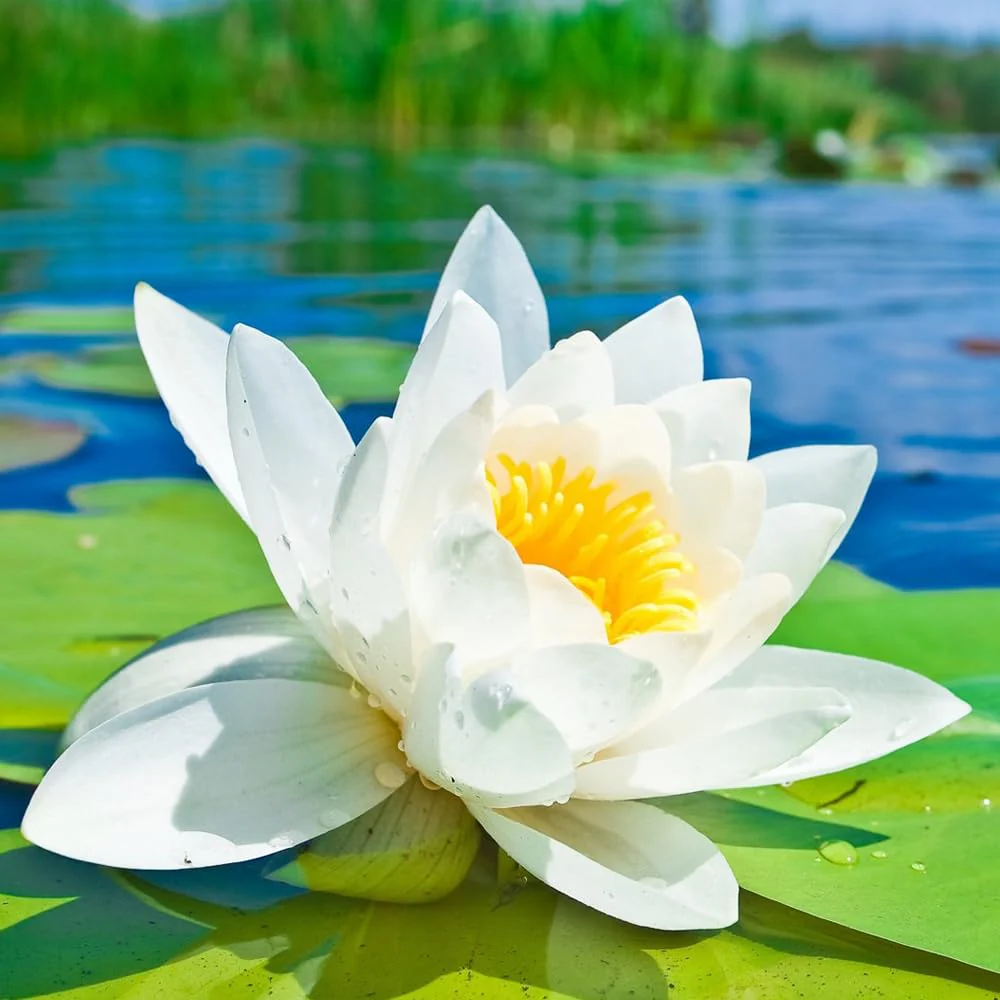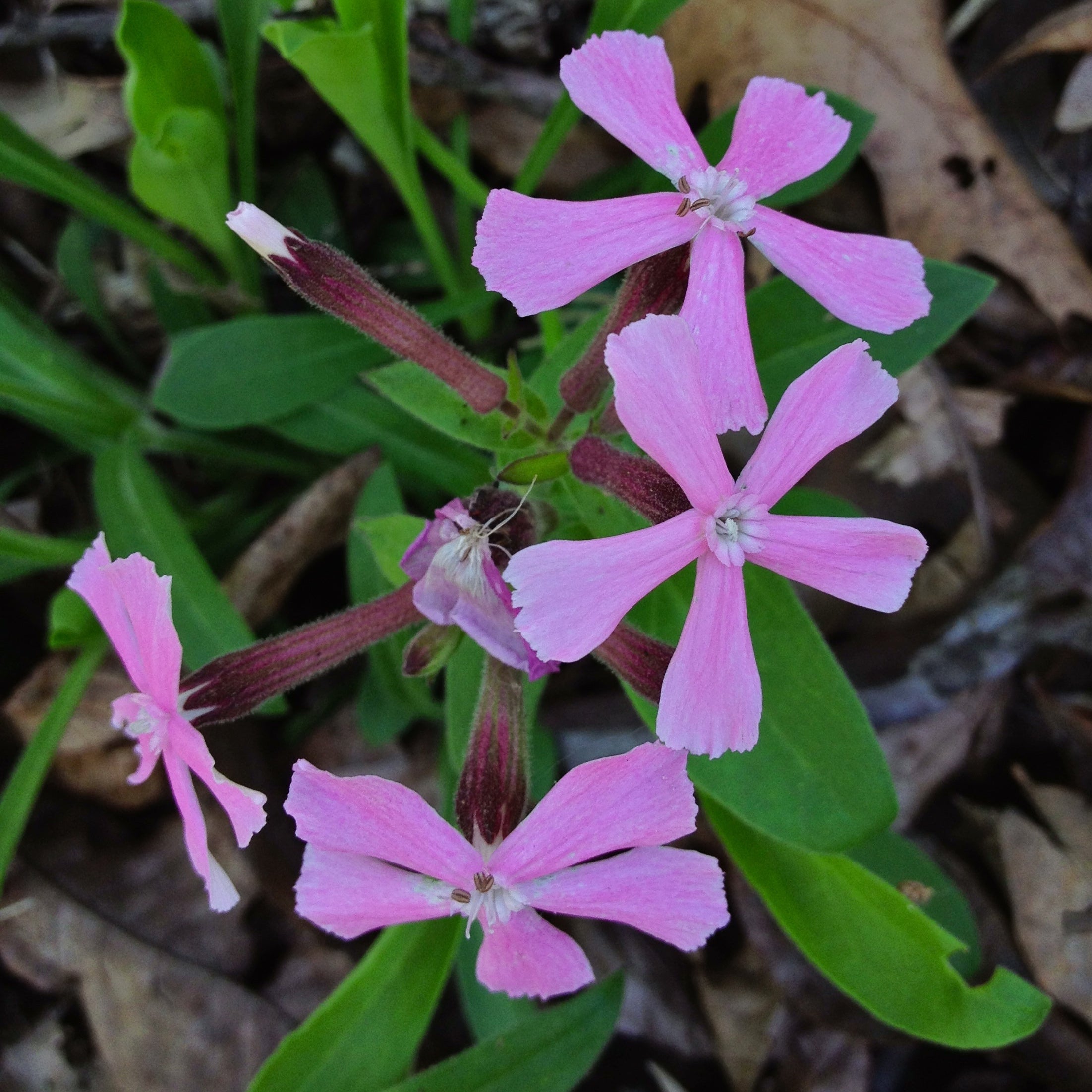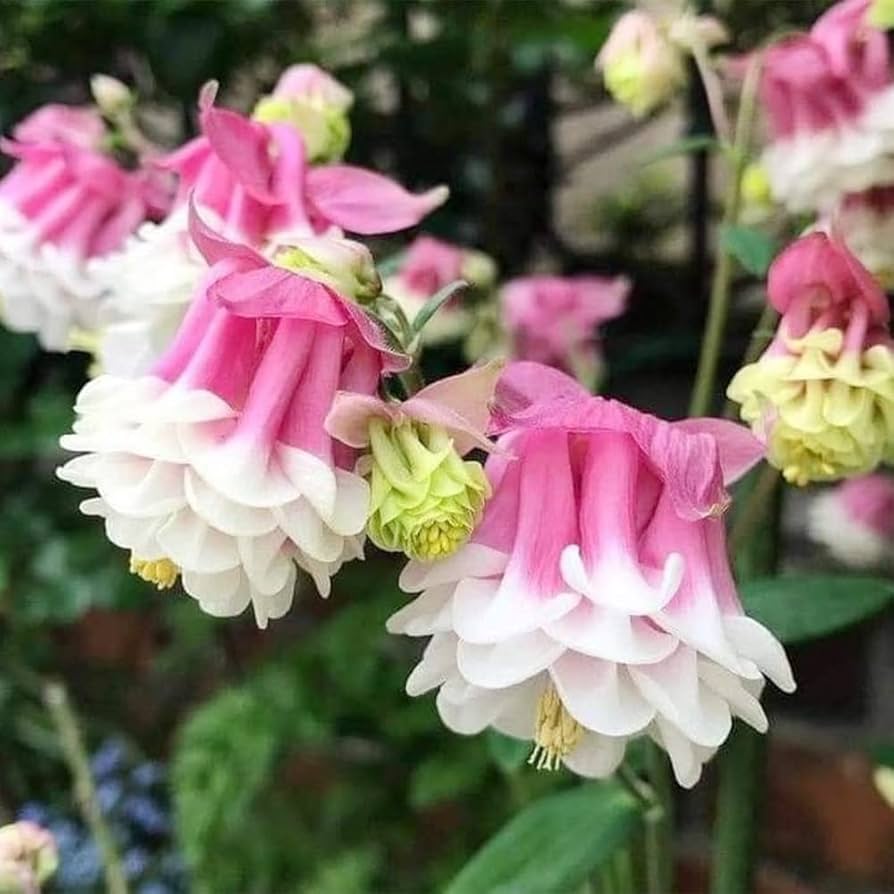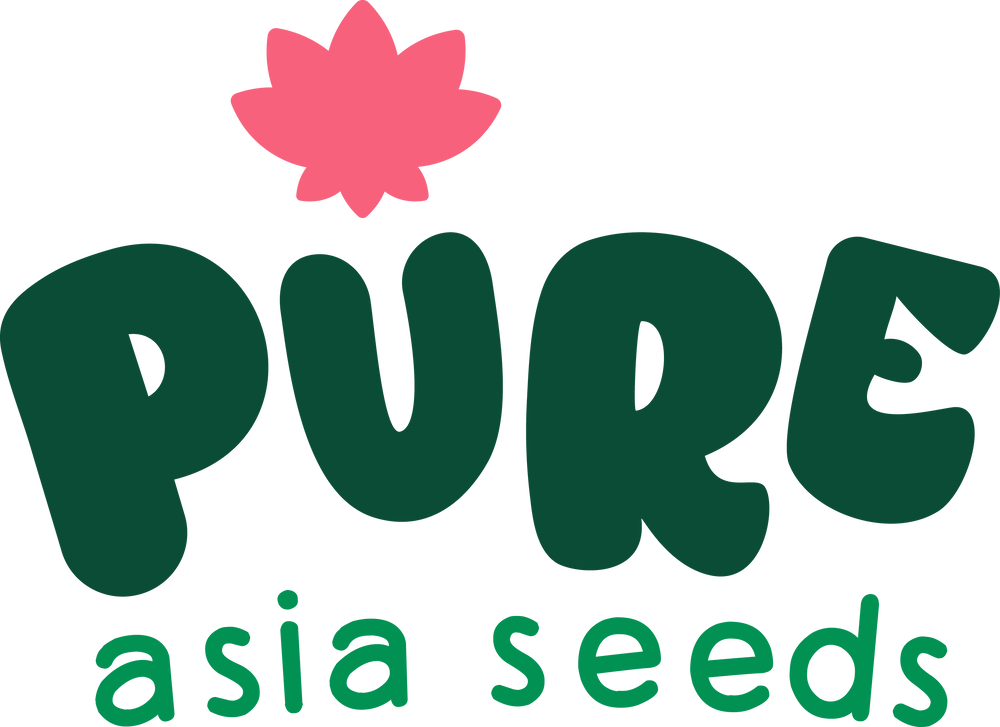Growing your own herbs at home is one of the most rewarding parts of gardening. Fresh herbs elevate any dish, smell wonderful, and are surprisingly easy to grow—even in small spaces. If you're new to organic herb gardening, this guide will walk you through the essentials of starting herbs from seeds, from choosing the right herbs to providing the right care in their early stages.

Why Choose Organic Herb Gardening?
Organic herb gardening means growing your herbs without synthetic fertilizers, pesticides, or genetically modified seeds. It emphasizes natural soil health, biodiversity, and environmentally friendly practices. The result: flavorful, nutrient-rich herbs that are safe for you and better for the planet.
Starting your herbs from organic seeds gives you full control over your growing environment right from the beginning.
Best Herbs to Grow from Seeds for Beginners
Some herbs are easier to grow from seed than others. If you're just starting out, try these beginner-friendly herbs:
-
Basil
-
Cilantro
-
Parsley
-
Dill
-
Chives
-
Thyme
These herbs have reliable germination rates and grow well in containers or garden beds.
When to Start Herb Seeds
Most herb seeds can be started indoors 6–8 weeks before the last frost date, depending on your local climate. If you're in a warm region, you can sow seeds directly outdoors once the soil has warmed to at least 15°C (59°F).
Seed Starting Tips for Organic Herb Gardening
1. Choose Organic, Non-GMO Seeds
Start with high-quality organic herb seeds from a trusted supplier. This ensures your herbs grow free of synthetic treatments and are suited for organic cultivation.
2. Use the Right Growing Medium
Avoid regular garden soil for seed starting. Use a lightweight seed-starting mix made of organic components like coconut coir, compost, and vermiculite. This helps retain moisture without compacting.
3. Plant Seeds at the Correct Depth
Follow the instructions on the seed packet. As a general rule, plant herb seeds at a depth of 2–3 times their size. Very tiny seeds like basil or thyme should be sown on the surface and lightly pressed into the soil.
4. Keep Soil Moist, Not Soaked
Moisture is key to seed germination, but overwatering can cause fungal issues. Mist the surface lightly or bottom-water trays to keep the soil evenly moist.
5. Provide Warmth and Light
Herb seeds germinate best in warm conditions between 18–24°C (64–75°F). Use a heat mat if needed, and once they sprout, place seedlings under grow lights or near a sunny window to prevent leggy growth.
6. Thin Seedlings to Avoid Crowding
Once your seedlings develop their first true leaves, thin them out to ensure each plant has space to grow. Overcrowded herbs will struggle and be more prone to disease.
7. Harden Off Before Transplanting
Before moving your herbs outdoors, harden them off by gradually introducing them to outdoor conditions over 7–10 days. This helps prevent transplant shock.

Where to Grow Your Organic Herbs
-
Containers: Great for small spaces or patios.
-
Raised Beds: Offer good drainage and easy access.
-
Windowsills: Ideal for kitchen herbs like basil, mint, and parsley.
-
Garden Beds: Suitable for herbs that spread or grow tall, like dill and fennel.

Common Mistakes to Avoid
-
Using poor-quality soil that compacts or drains poorly.
-
Overwatering, especially before seeds have germinated.
-
Not providing enough light, leading to weak, spindly seedlings.
-
Planting seeds too deep, which can delay or prevent germination.
Final Thoughts
With a little planning and care, organic herb gardening can become a lifelong hobby that saves money, enhances your meals, and brings joy to your garden. Whether you’re growing basil for fresh pesto or parsley for soups, these seed starting tips will set you up for success.
Browse organic herb seeds at PureAsiaSeeds.com and start your herbal journey today.








